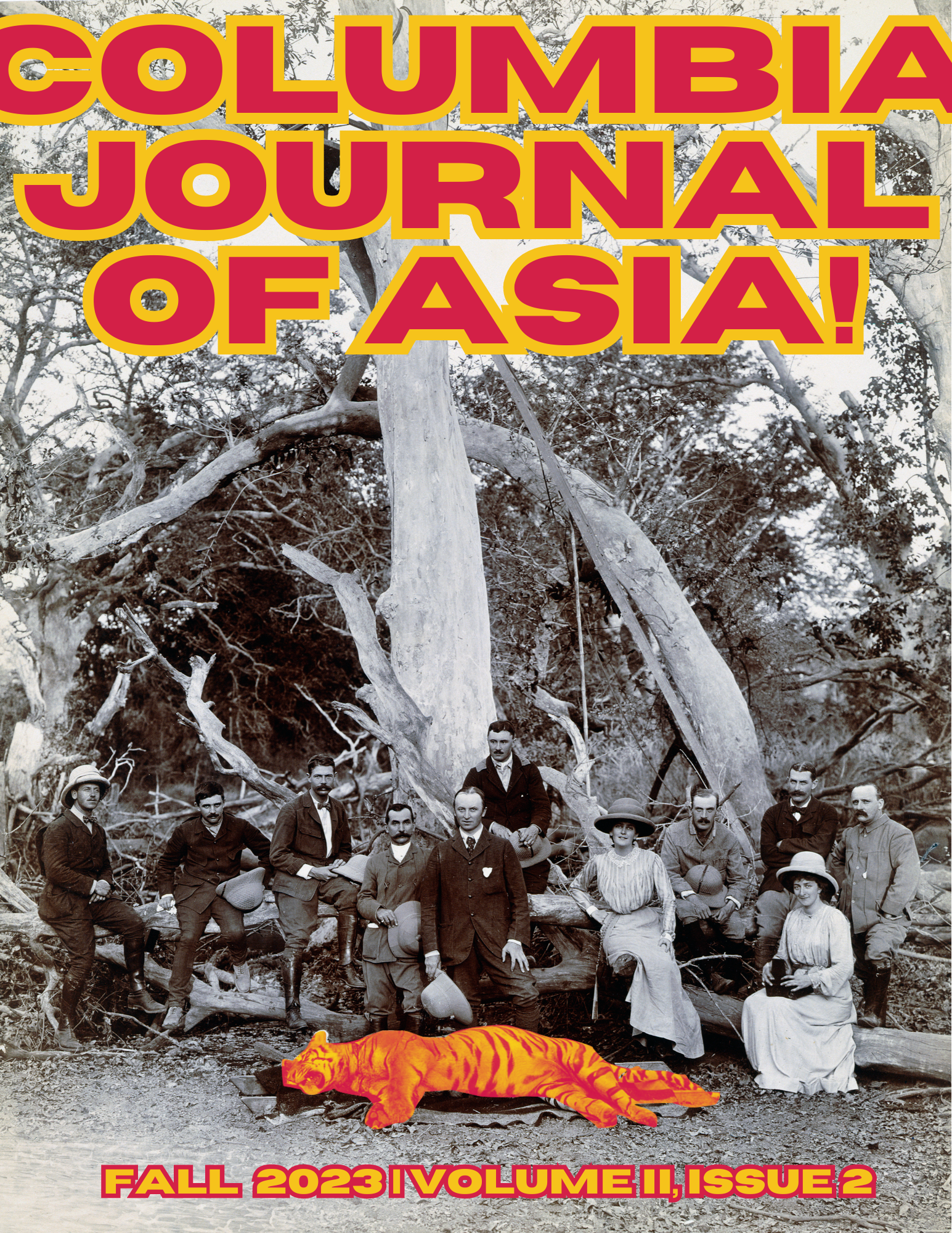摘要
The Soviet Union's intelligence operations in China helped to fuel tensions between the two communist powers, which were based on analytical biases and the difficulty of operating in China. While the Soviet Union was worried about a potential Chinese attack, it found it hard to penetrate Chinese political circles due to cultural differences and difficulties in recruiting Chinese spies. Prior to the Cold War, Soviet intelligence agencies had an easier time recruiting Chinese nationals as spies, but as the Sino-Soviet split deepened, recruiting agents, penetrating political circles, and making sense of China became more challenging. The Soviet Union's biased analytical framework on China contributed to escalatory tensions and created a feedback loop of distrust. While there are limitations to analyzing leaked USSR official notes carried by a defector, they provide valuable insights into Soviet operations in China. The KGB established its "Line K" department for Chinese espionage and operations, but complained about a chronic shortage of Chinese documents passed along by assets that would enable it to draw serious assessments about the Chinese communist government.

